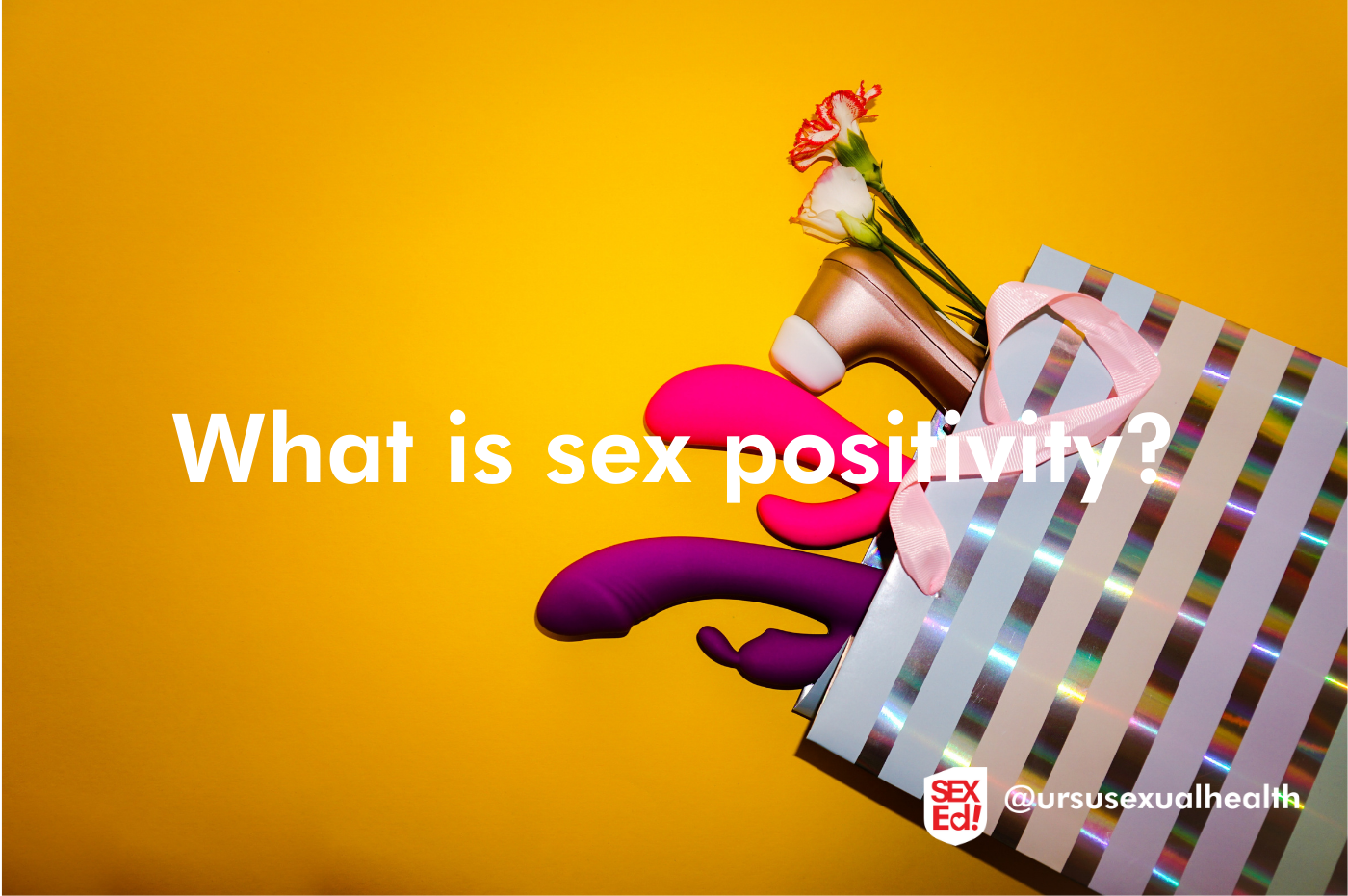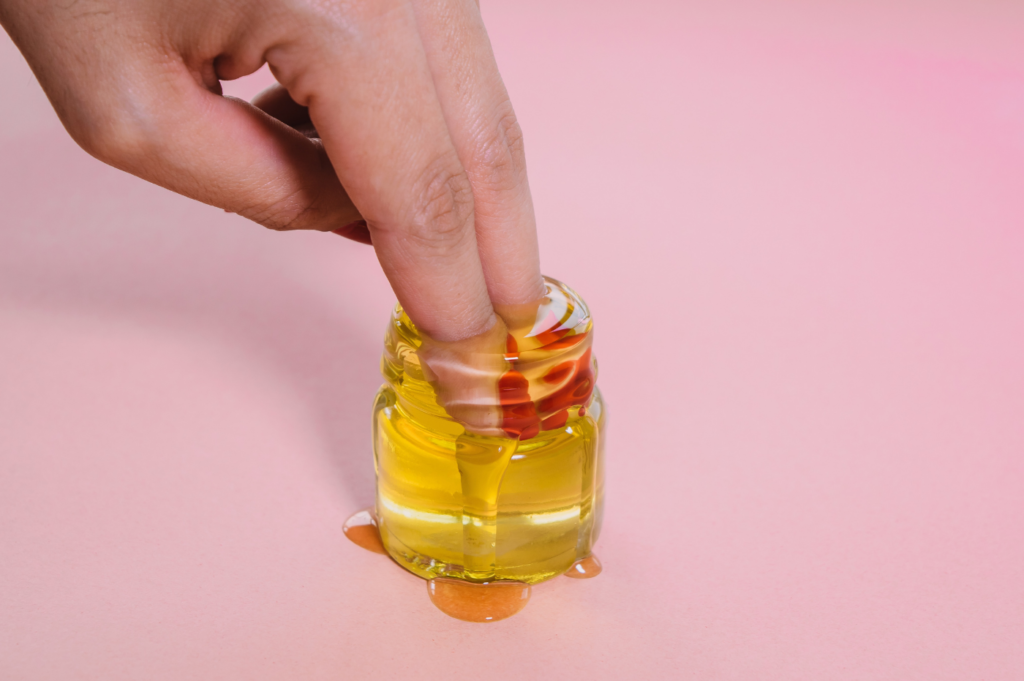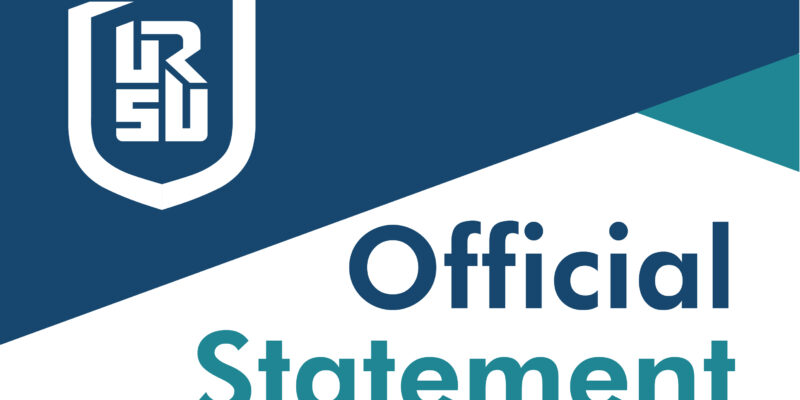What is Sex Positivity?

As a sex educator, my goal is to share information about sex & sexuality without stigma or shame & encourage you to make choices about your sexuality that feel good for you. That’s why I use the term “sex positive” when I describe how I teach about sexuality.
The term sex positivity was first coined in the 1920’s by Wilhelm Reich who was a student of Sigmund Freud. Reich shared that sex wasn’t as bad as people were making it out to be and believed that embracing sexuality could be a cure for many ailments.

In the 1960’s with the Sexual Revolution, sex positivity came into popularity again but it didn’t truly take hold as a movement until the 1990’s.
What does it mean to be sex positive?
Being sex-positive means that sex is seen as a natural and healthy part of the human experience. It’s about taking ownership of ourselves and our decisions around our sexuality.
Sex positivity encourages safer practices and believes in consensual sex that’s free from violence or coercion. It includes all aspects of sexual identity including gender expression, orientation, relationship with your body (body-positivity, nudity, choice), relationship-style choice, and reproductive rights.

Sex-positivity also includes being sex-work positive.
Being sex-work positive can involve advocating for de-criminalization of sex work, viewing it as a legitimate form of work chosen by many people for many reasons, and understanding that sex work can be a positive and pleasurable experience for folks who engage with it consensually.
Sex positivity also requires an intersectional lens in order to recognize that not all experiences of sex & sexuality are the same and are influenced race/culture, gender, sexuality, class, nationality, and spirituality.
As a sex positive sex educator, I believe that all consensual sexual activities can be fundamentally healthy. I encourage sexual pleasure and experimentation while also embrace the decision to not have sex if we don’t want to, and to accept when others don’t want to have sex with us.

Sex positive, sex education allows us to talk about sex and engage in conversations without judgement or shame. When we avoid conversations about sex & sexuality because they make us feel uncomfortable it can lead us to:
- having poor body image,
- feeling low self-esteem
- difficulty in being present with your partner
- difficulty with enjoying sex or feeling pleasure
- ending up in unsafe sexual situations because the tools to set & respect boundaries were not learned
Here are five ways you can become more sex positive:
- Honor another person’s right to their own curiosities, expressions and interests (don’t yuck another person’s yum)
- Allow yourself and others the freedom to ebb and flow in terms of how frequently you desire to engage in and talk about sex.
- Give yourself permission to continuously rewrite your own sexual script, provided it never disrupts the scripts of others.
- Examine your programming & decide on what feels right for you and reaching out for support from a sex therapist or counsellor if you’re having trouble overcoming shame or fear of sex and would like to feel more sex positive.
- Recognize that power imbalances caused by systemic racism, patriarchy & capitalism all influence one’s experience of sexuality. Learn about these systems of oppression & how they impact humans is an important part of being sex positive.
Being sex positive means that “you do you”. It doesn’t mean that you have to do what other people are doing if it doesn’t feel right for you. Knowing your boundaries is just as important as not judging the choices other people make about their sexuality.


